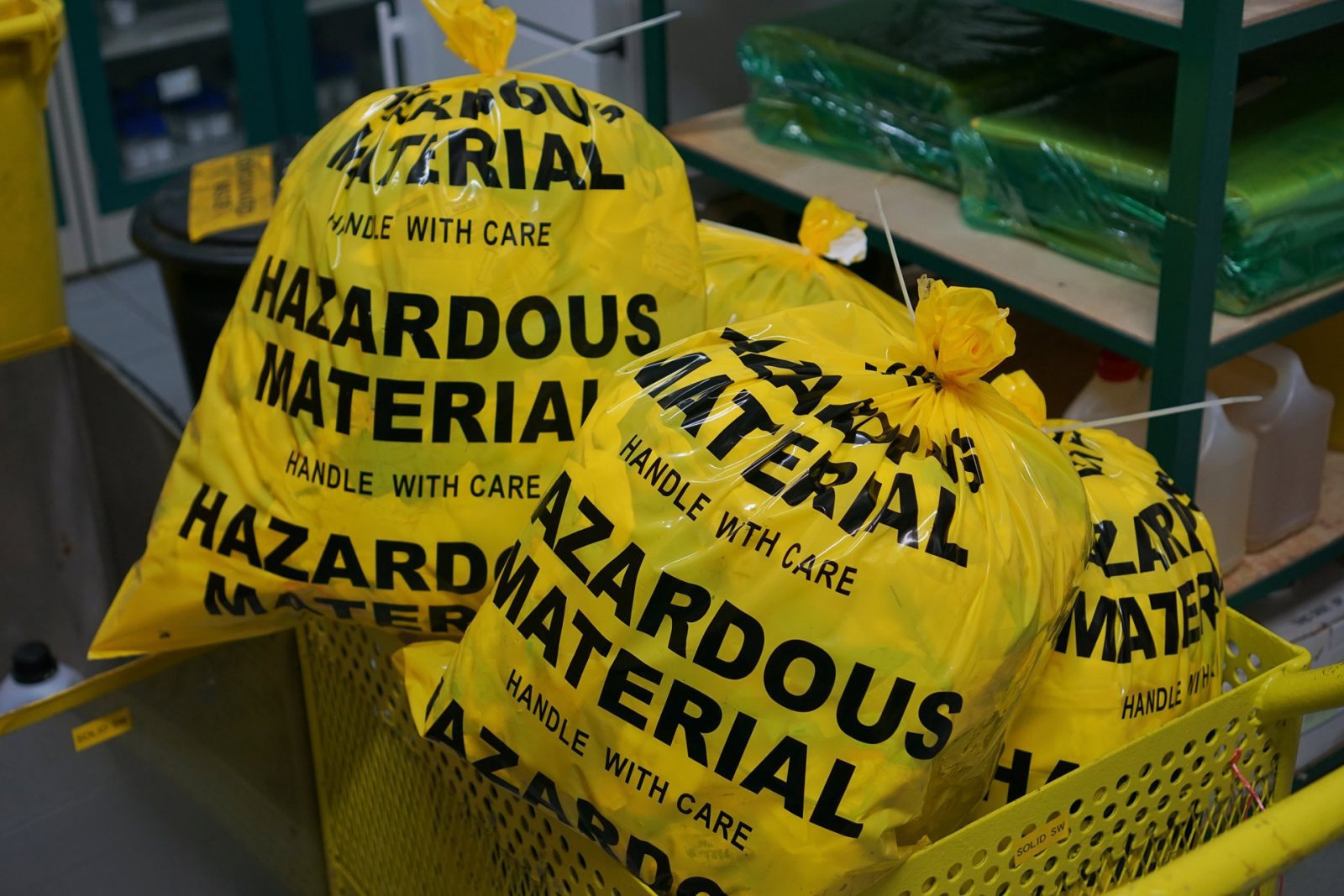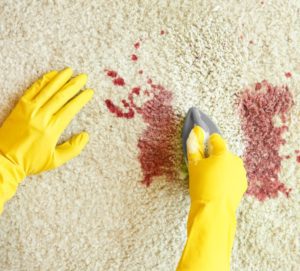
The proper handling of hazardous and biohazardous waste is crucial to protect your business, employees, and the environment. But if your business doesn’t normally involve either of these waste types, you may not quite know what you must do about it and why. To help out any business that faces an unexpected hazardous or biohazardous waste issue, discover a few important things to know.
1. Biohazardous and Hazardous Are Different
To the untrained ear, hazardous and biohazardous waste sound like interchangeable terms. However, these are very different in real life and each requires different handling and disposal methods.
Biohazardous waste comes from the living bodies of humans and animals. It includes things like blood, semen, saliva, fecal matter, urine, carcasses and dead bodies, and items that may have been contaminated through contact with these. Biohazard waste is often a direct threat to human and animal life — such as transmitting germs, bacteria, and viruses — and is rated based on the danger level involved.
Hazardous waste items are those that come from artificial processes, factories, equipment, and chemical mixtures. Hazardous materials pose a threat to life both directly (such as through burns) and indirectly when they leak into the environment.
2. Wastes Have Different Regulations
Because both biohazard waste and hazardous waste can be such a threat to the ecology and human life, you cannot simply put either of them down the drain. If allowed to get into the soil, air, or water around them, hazardous materials can cause years-long damage. And biohazardous materials carry invisible — sometimes airborne — threats that spread disease among humans and animals.
Both the federal government and state governments, therefore, have rules and standards in place for how to safely dispose of both types of waste. Hazardous waste materials have only light regulations, though, and you can often dispose of them through publicly available disposal centers. Biohazard waste needs handling from authorized service providers and requires disposing of in specific ways.
3. Professionals Should Handle the Work
No business should allow employees to handle any type of hazardous or biohazardous waste materials. The most important reason is that you put yourself or your employees at risk. Employees are unlikely to know the proper handling procedures or have safe disposal equipment. You may not have the correct level of personal protective equipment.
Along with this physical risk is the increased risk to the business’s reputation and bottom line. The business and its management — not individual employees — is liable for any failure to clean up the site completely. And any indication that dangerous conditions still exist on your premises can deter both employees and customers.
4. Biohazard Waste Involves More Work
The nature of biohazard waste means that its cleanup is not simply a matter of properly removing the affected material and disposing of it. This may be a longer and more complex process.
How is this cleanup unique? Bodily fluids may not be easily visible and can seep into even the smallest places. This makes the most thorough search essential. Sections of walls and flooring may need replacing entirely even if these appear undamaged. Smells can linger. And the cleanup team may need to follow precise instructions from OSHA or the CDC from beginning to end.
If you think that a biohazard or hazardous waste situation may have occurred, start by calling on professionals to assess the damage and what’s necessary to thoroughly clean up afterward. American Family Bioclean has assisted many of your Florida neighbors with their cleanup needs. We can help your business as well. Call today to get answers to your questions or make an on-site appointment.







